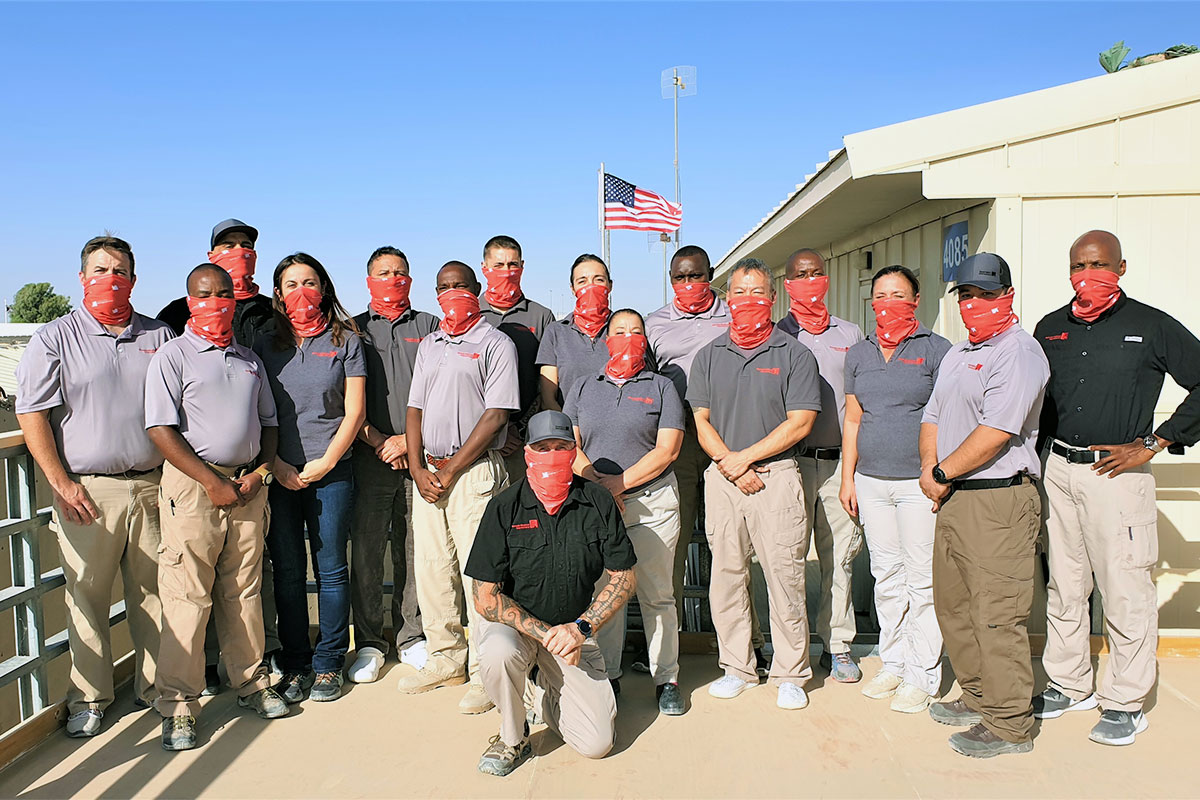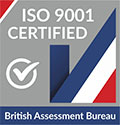2013 continues to be a year of opportunity and expansion at Remote Medical International. We’ve added many new employees to the RMI team in the past six months, and our roster now includes fresh faces from South Africa, England, and six US States. With eight anticipated hires in the next month alone, RMI is looking forward to welcoming even more staff from all over the globe. Our recent hires bring decades of cumulative remote medical experience to RMI corporate headquarters, training courses, and deployments worldwide. This month, we are proud to introduce you to a few of the most recent additions to our team.
Monday, June 17 was Loreen Lock’s first day of employment at Seattle headquarters. However, unlike the majority of our new hires, Loreen has been an RMI employee for over seven years. As a Remote Medical instructor and medic, she has worked on seismic research vessels off the coast of four continents and has taught courses in four countries. Loreen’s experience ranges from providing medical support in Greenland to instructing a Wilderness First Aid course on a vessel while transiting from Cape Town to Canada. The breadth and depth of Loreen’s work experience embodies Remote Medical International’s integrated services and comprehensive solutions.
As the newly hired Medical Support Field Operations Manager, Loreen is bracing herself for a drastic lifestyle change. “I haven’t done Monday through Friday, 9-5, in thirteen years,” said Lock. “It’s going to take some adjustment.”
Loreen plans to take advantage of mid-day bouldering breaks with other office staff at the nearby rock climbing gym, and it didn’t take her long to hint at “weekend warrior” plans. Loreen is excited about working in the Seattle office and, after wintering twice in Antartica, she knows how to cope with a lack of natural light.
Prior to finding RMI, Loreen worked for the National Oceanic and Atmospheric Administration (NOAA) for eleven years researching global warming and ozone hole depletion. She fed her adventurous spirit by working four ten-hour days in the lab and three ten-hour days on ski patrol at a small yet busy Colorado ski resort. While Loreen had always been interested in the medical industry, she attributes her official “turning point” to the emergency surgery and rehabilitation of a colleague while stationed at the South Pole.
“My friend ruptured his patellar ligament and needed immediate medical assistance,” said Lock. “We had a doctor and a PA, and, with three years of ski patrol experience, I was the third most experienced medical person onsite, which—in a remote setting—means you are suddenly part of the surgical team.”
Loreen served as the surgical assist by irrigating, retracting tissues, and snipping sutures under the guidance of telemedicine technology. This was the first surgery and the first telemedicine guided procedure in Antarctica.
“We affixed a webcam to a headlamp so physicians in Denver, Boston, and Texas could see what we were doing,†she Lock. “This was a truly remote situation. It was July—our last aircraft departed in February, and our next plane was scheduled for October. July is the dead of winter out there. At the time of the accident, we were having twenty-four hours of darkness and temps colder than -90 degrees Fahrenheit—conditions that made landing an aircraft physically impossible.”
Loreen remembers spending the day after the surgery on the computer looking for a way to get into the medical profession. She channeled her passion for medicine by supporting her friend through intensive rehab, and, partly due to her assistance, he walked unassisted to the plane when it arrived that fall.
After spending another winter in Antartica, Loreen left her job at NOAA and went back to school to gain the pre-requisites necessary to advance her medical career. Thanks to a tip from a buddy, she earned some extra cash during a short stint as a carpenter in Greenland in 2006. It was on this trip that Loreen struck up a conversation with the paramedic doing medical support at Summit Station. “Basically, I told him that I wanted his job,” said Lock. “And that’s how I met [RMI Founder] Andrew Cull.”
Later that fall, Loreen attended RMI’s second instructor selection course with the likes of Tyler Nielsen, Training Group Operations Manager, and Instructor Brent Molsberry. Â Three years later, Loreen obtained her paramedic credentials and returned to Greenland as a medic on rotation for RMI.
Now Loreen begins yet another chapter of her RMI career as Medical Support Field Operations Manager. “I’ve seen the changes that we’ve gone through, and the evolution of the company as we’ve grown,” said Lock. “There are things that we’ve done that are good and things that can be done better. I’m here to bring a field perspective and additional medical expertise into the office.”
While explaining her excitement about the transition, Loreen reflected on her professional philosophy as a medic. “One of the things I’ve always taken to heart when doing medical care is being an advocate for my patients—I make sure they get the care they deserve,” she said. “That energy is going to transition into being a voice and an advocate for our field staff. My experience will allow me to provide support for them from a place of shared experience. I want to not only bring in, but also retain, good people in the field. ”
Given RMI’s plans for continued expansion, Loreen’s timing couldn’t be better.


